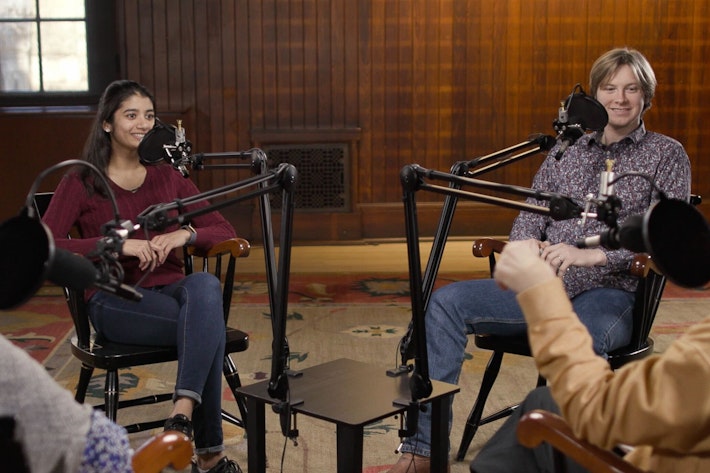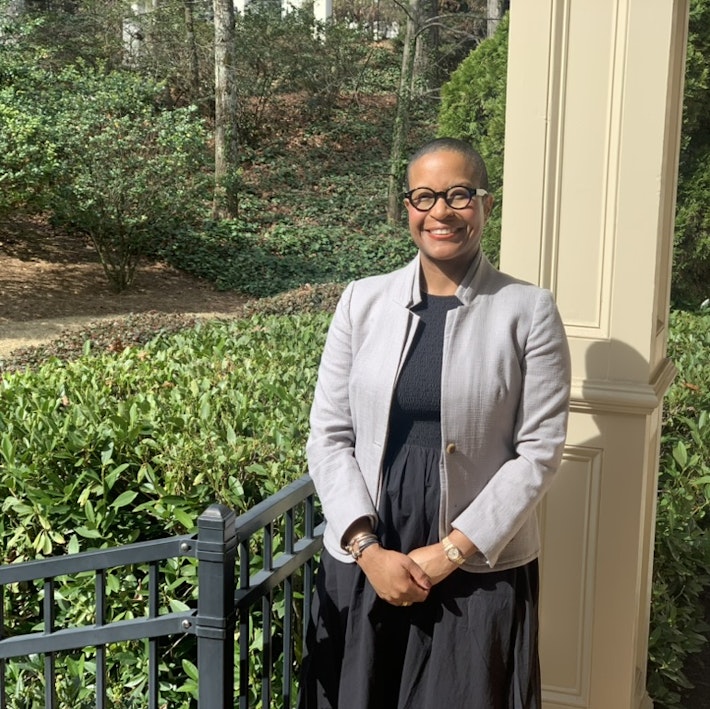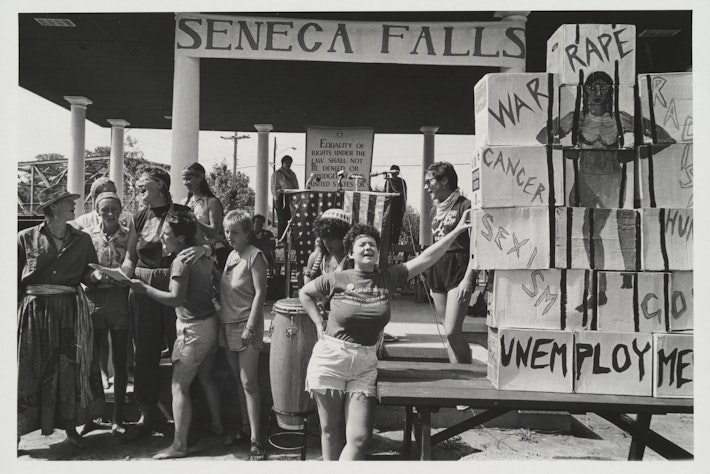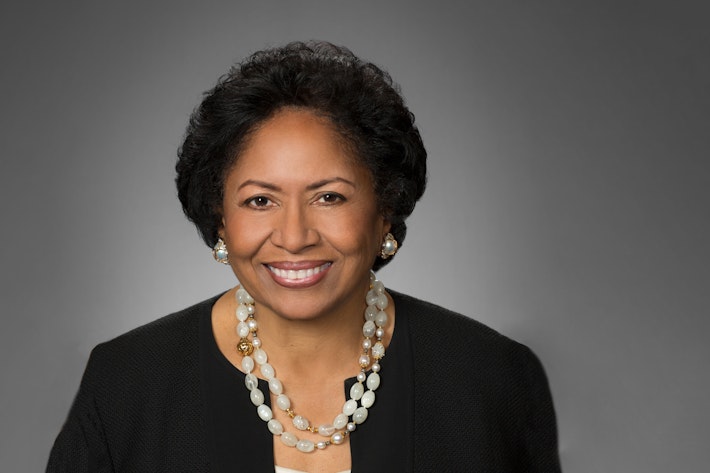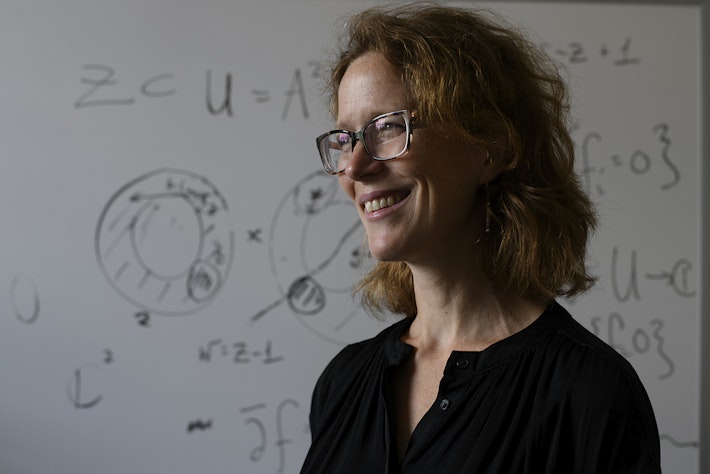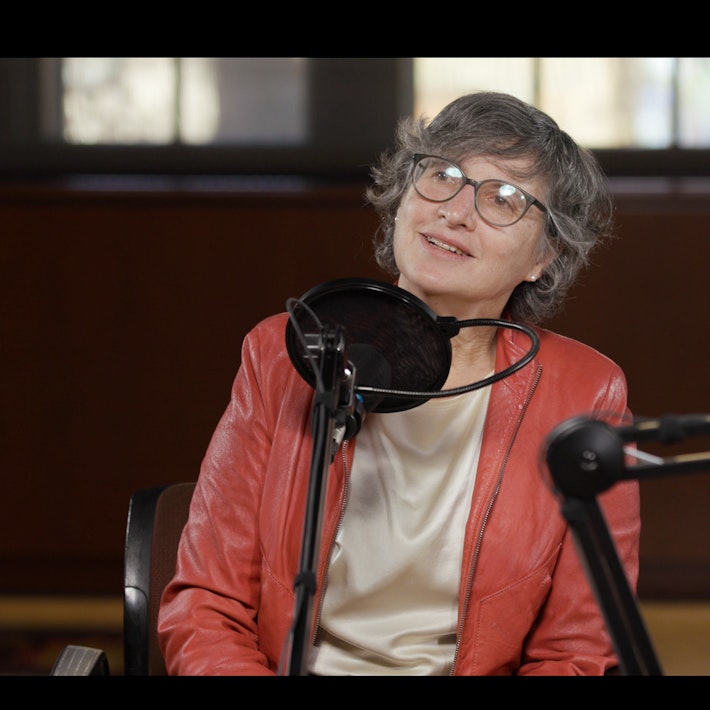A Human Heart in Conflict with Itself
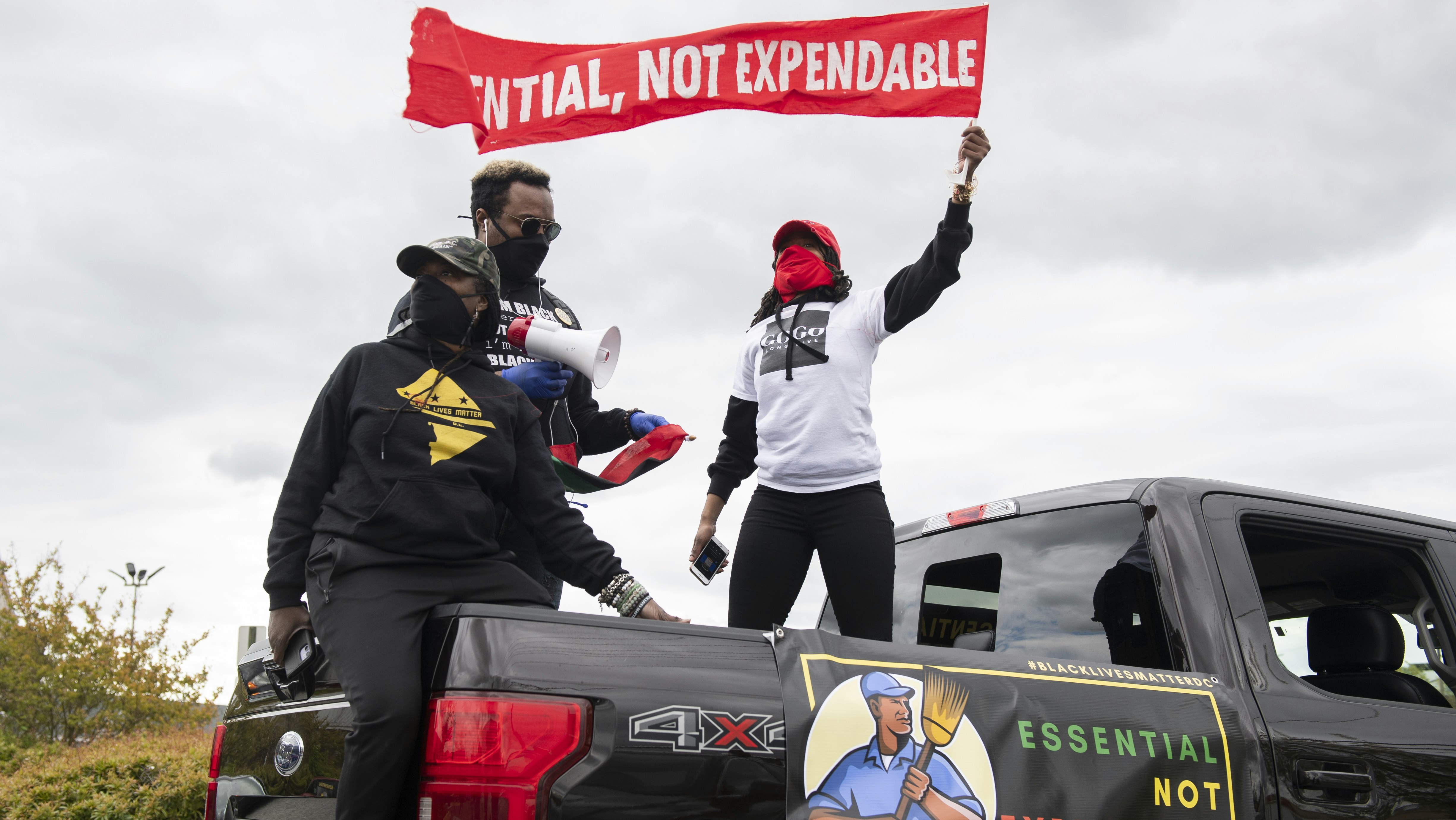
Months before the pandemic hit, I drafted an essay titled “Why Write about Migrants When Migrants Are Dying?”
As part of my MFA, I’m working on a collection of short stories, many of which center on the perilous journey children from El Salvador make in search of asylum. I had spent hour after hour in Iowa City—at my favorite coffee shop or elsewhere out in my world—working on fiction, while harboring a secret guilt that my time could be put to better use. “I could have translated for asylum hearings, written grants, or planned fundraisers for nonprofits working on the ground,” I wrote in the essay. “Instead, I spend my time working on fiction informed by the dystopia migrants face, without doing anything to change the state of their situation.”
That guilt grew as the virus spread, and as immigrants bore the brunt of the disaster. Immigrants continue to work essential frontline jobs—as nurses, custodians, bus drivers, food service—just as they did in the earliest and deadliest days of the pandemic. In data released in April, Latinos, who make up 29 percent of the population in New York City, had accounted for 34 percent of COVID-19 deaths. The first person to die from the virus in a US detention center was Carlos Ernesto Escobar Mejia, a 57-year-old immigrant from El Salvador. As I navigated the pandemic’s destabilizing effects on my own life and work, there were endless reminders of the safety and stability that come with the life I’ve been lucky enough to build for myself.
The question of whether writing is enough, particularly for authors of color, is not a new one. But COVID has made it unavoidable. The world has revealed its ugly underpinnings before, but seldom so explicitly, and never at an inflection point like the one in which I currently find myself. My MFA will likely be over before the pandemic is, and I’ll have to answer the question that’s been central in my mind since March: will I do the hard work of writing, or will I do the hard work of directly supporting immigrant rights?
Writing is taxing work. It’s frustrating and tedious. A day of drafting or editing leaves me emotionally exhausted. The challenge of finishing a book feels insurmountable, despite all the energy I’ve put into my manuscript already. The work of writing is different than the kind of political work that makes an immediate material change in the lives of people: labor organizing, protesting, litigation, distribution of foods and funds. Some days, though I quickly hide the thought away, I wish writing wasn’t part of my “work” or “career.” There’d be less of an internal conflict.
This virus, and the systemic fractures it reveals, hasn’t offered much clarity. This is not the kind of essay that ends with an epiphany. I don’t know if the work of writing is more or less important than other kinds of work. I owe everything in my life to the books I read growing up and to authors of books that both affirmed and challenged my worldview. Writers are in large part why I have a political consciousness at all, so I know political fiction isn’t completely useless. But still, I wonder where the limit is, and whether I can continue to write in solitude, silence, and safety as the world continues to take the lives of those I seek to represent in my stories.
I will finish the collection, eventually, and try putting it out into the world. I know that much. There’s also no way that’ll be enough—for me or for the causes I care about. My writing life must be supplemented with another kind of political work. The apocalypse unfurling around us has taken so much, but at least it has given me this reminder: my fiction is important, but it is not all I have. It cannot be all I have.
This essay appeared in the Fall 2020 issue of Radcliffe Magazine.
Ruben Reyes Jr., a member of the Harvard Class of 2019 who earned his degree in ethnic studies, was a Radcliffe Research Partner in 2018–2019. He is now an MFA candidate at the Iowa Writers’ Workshop.


